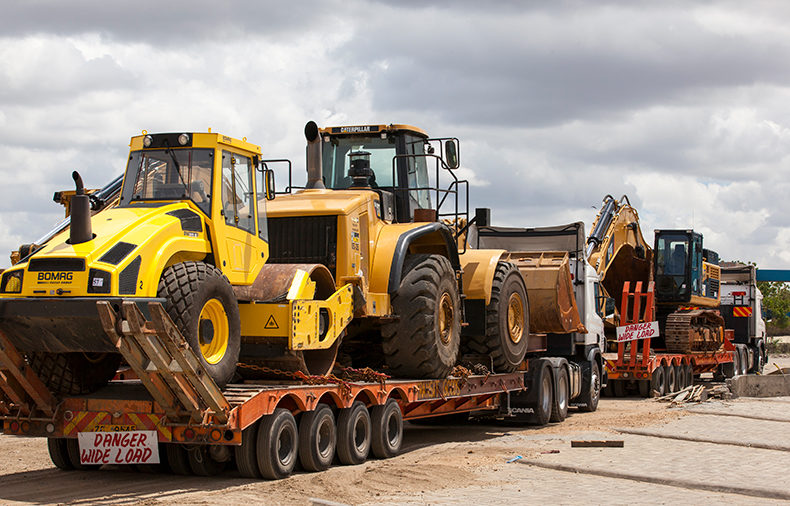Transport and logistics are two essential components of any business that involves the movement of goods and services. In today's fast-paced world, it is crucial to have a reliable and efficient transport and logistics system to ensure the smooth flow of goods and services. In this article, we will explore the different types of transport and logistics and their importance in various industries.
Transportation
Transportation refers to the movement of goods and people from one place to another. There are several modes of transportation, including road, rail, air, and sea.
Road Transport: Road transport is the most common mode of transportation and involves the use of trucks, vans, and other vehicles to move goods and people. It is ideal for short distances and is often used for local deliveries.
Rail Transport: Rail transport involves the use of trains to move goods and people. It is ideal for long distances and is often used for the transportation of heavy goods such as coal, oil, and steel.
Air Transport: Air transport involves the use of airplanes to move goods and people. It is ideal for long distances and is often used for the transportation of high-value goods such as electronics and pharmaceuticals.
Sea Transport: Sea transport involves the use of ships to move goods and people. It is ideal for long distances and is often used for the transportation of bulk goods such as oil, gas, and grains.
Logistics
Logistics refers to the management of the movement of goods and services from the point of origin to the point of consumption. It involves several processes, including transportation, warehousing, inventory management, and distribution.
Warehousing: Warehousing involves the storage of goods in a warehouse before they are transported to their final destination. It is essential to have a well-managed warehouse to ensure the timely delivery of goods.
Inventory Management: Inventory management involves the tracking of goods from the point of origin to the point of consumption. It is essential to have an efficient inventory management system to ensure that the right goods are delivered to the right place at the right time.
Distribution: Distribution involves the delivery of goods to their final destination. It is essential to have a reliable and efficient distribution system to ensure the timely delivery of goods.
Conclusion
In conclusion, transport and logistics are essential components of any business that involves the movement of goods and services. It is crucial to have a reliable and efficient transport and logistics system to ensure the smooth flow of goods and services. By understanding the different types of transport and logistics, businesses can make informed decisions to improve their operations and increase their profitability.

